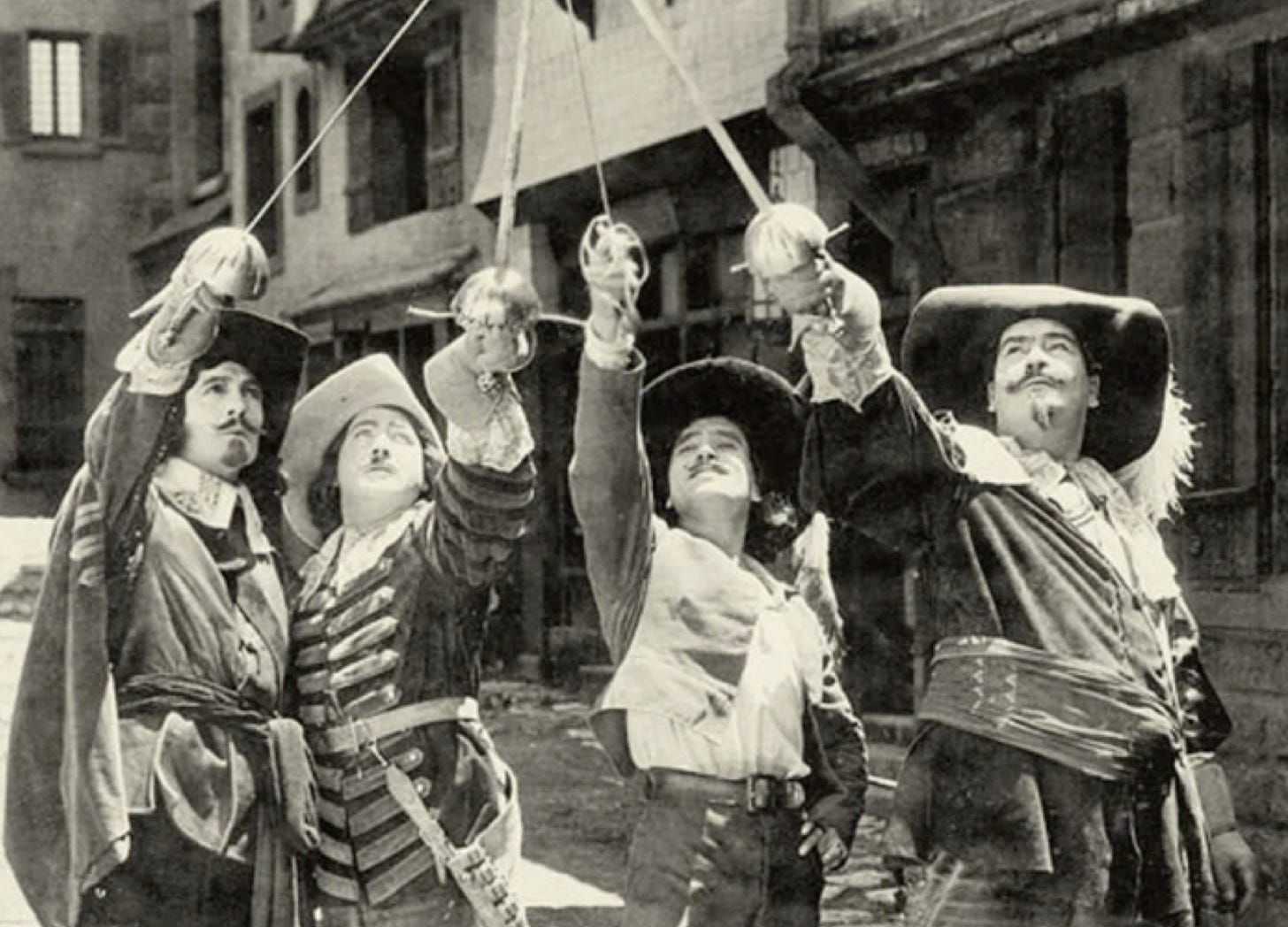Once upon a time, a senior scholar took me to task for failing to make use of a particular book. When I replied (in writing) that the text he deemed essential bore a remarkable resemblance to the older article I had cited, the aforementioned academic declined to respond. Neither did he do anything to expose, let alone condemn, the author of a piece of plagiarism every bit as egregious as the academic larceny so recently uncovered by Messrs. Rufo and Barnet.
I will never know the reason for this silence. I strongly suspect, however, that it had something to do with the frequency with which the two historians in question quoted each other, endorsed each others’ work, admired the same historical figures, made the same arguments, and attacked those who held competing views. In other words, it is highly likely that one scholar declined to make an issue of the plagiarism of the others because they had bound themselves together in an entente cordiale.
Scholars make such alliances for the same reasons that nations do. They live in a dog-eat-dog world of the sort imagined by Thomas Hobbes, a bellum omnium contra omnes in which friends are few and enemies abound. Thus, just as belligerent states are loathe to complain of misdeeds committed by their coalition partners, scholars reliably refrain from taking their allies to task for the academic analogues of war crimes.
Those who doubt the importance of scholarly bromance may wish to consider the fate of someone who, marvelous to say, once shared an office with the aforementioned plagiarist. This second professor found himself accused (with justice, I am sorry to say) of entertaining (with, alas, great relish) the amorous advances of an adventurous undergraduate. Thus, despite the possession of left-wing credentials that Claudine Gay might envy, he ended up, as they say on Linked In, “open to new possibilities.”
Far-flung allies of the above-mentioned sort could not have done much to preserve the professor from wrath of the university administrators who deprived him of his job. They could, however, help him avoid the grimmest of all scholarly fates. Thus, instead of enduring the Dickensian existence of the wandering adjunct, the exile soon found himself a reasonably comfortable perch at another institution of higher learning.
It is, of course, possible that, despite the buyer’s market for professorial services, a straight white man with no books, and very few articles, to his name (and a large scarlet letter on his record), might have found his new position, or one of similar charms, without the aid of professional allies. However, in an environment well supplied with the vultures of cancel culture, the tale of the plagiarist’s camerade de bureau, and a thousand others like it, will dissuade many professors, whether actual or aspirational, from sacrificing a potential lifeline on the altar of academic integrity.
For Further Reading:







Nicely said. Emerging young scholars often have little appreciation for the wretched hive of bureaucracy and favoritism into which they are trying to enter.
What a charming way to write this tawdry tale.